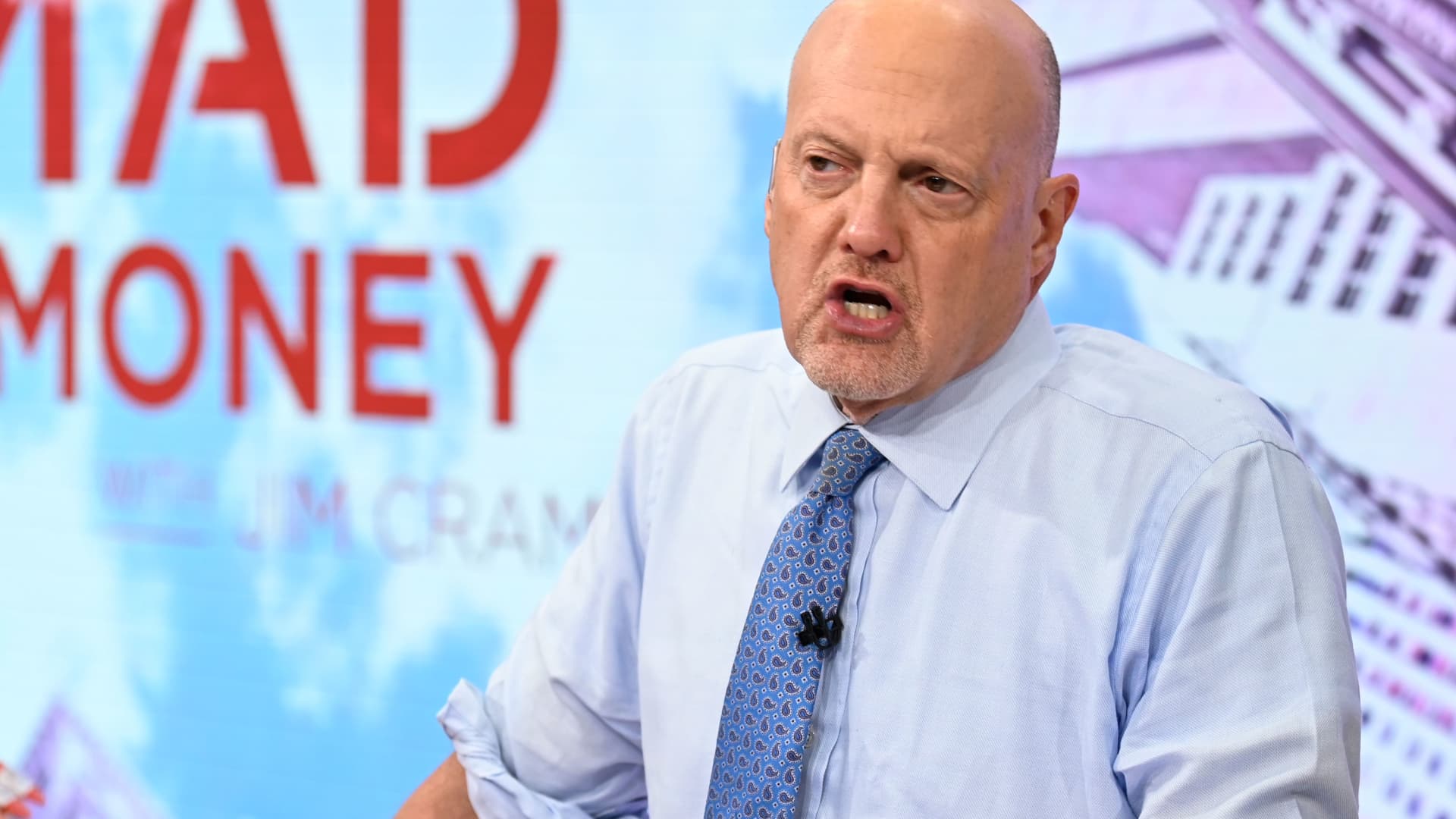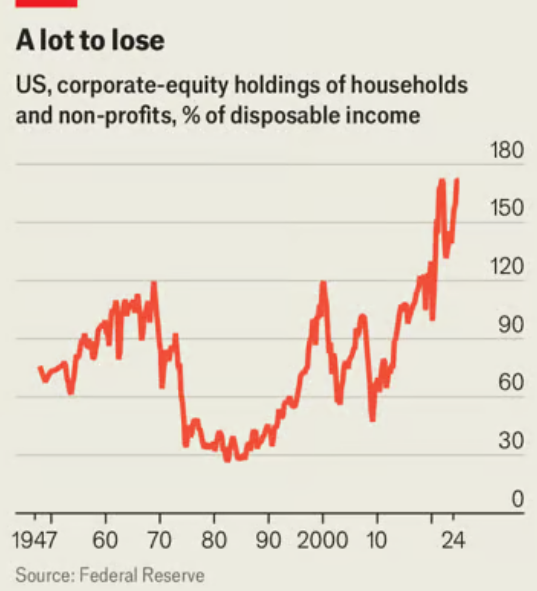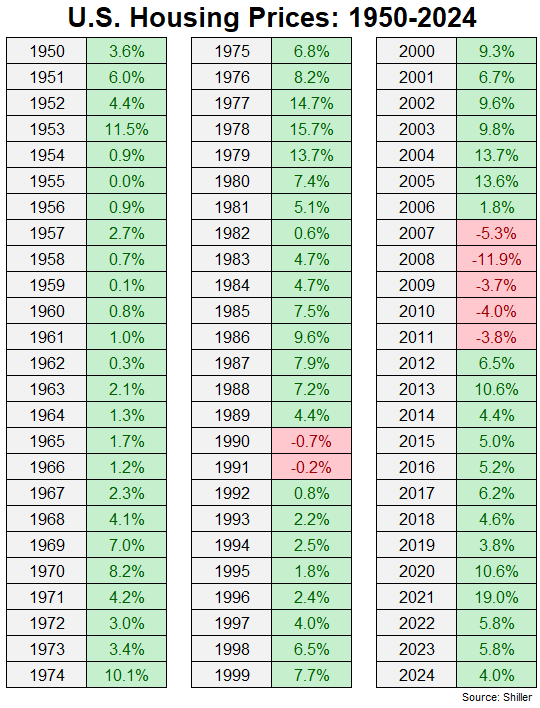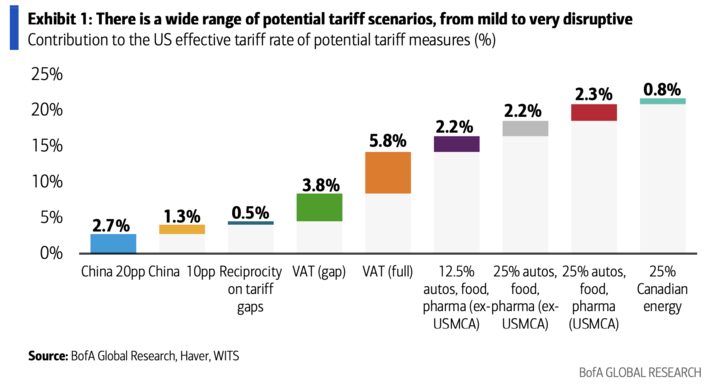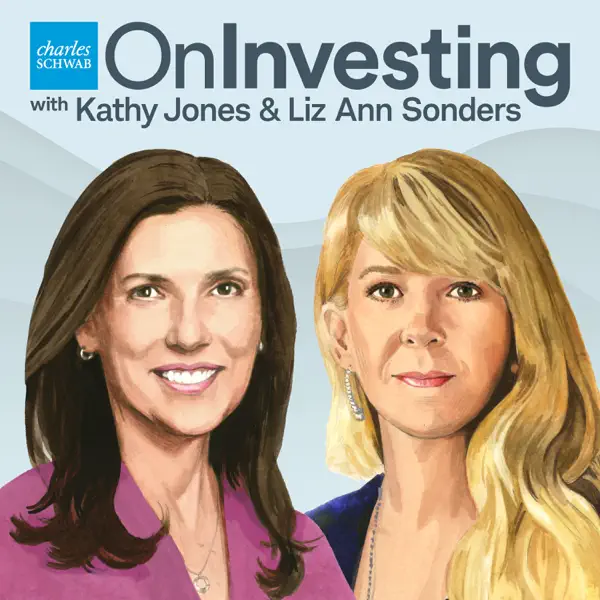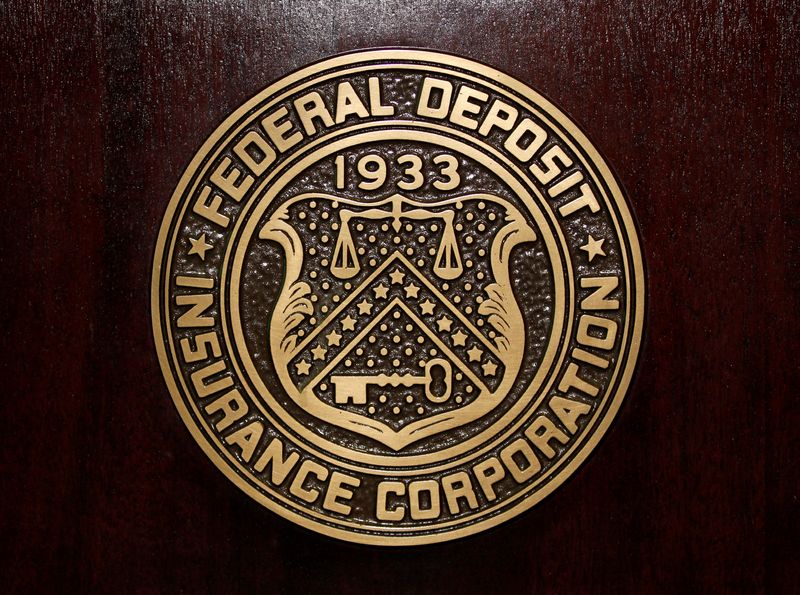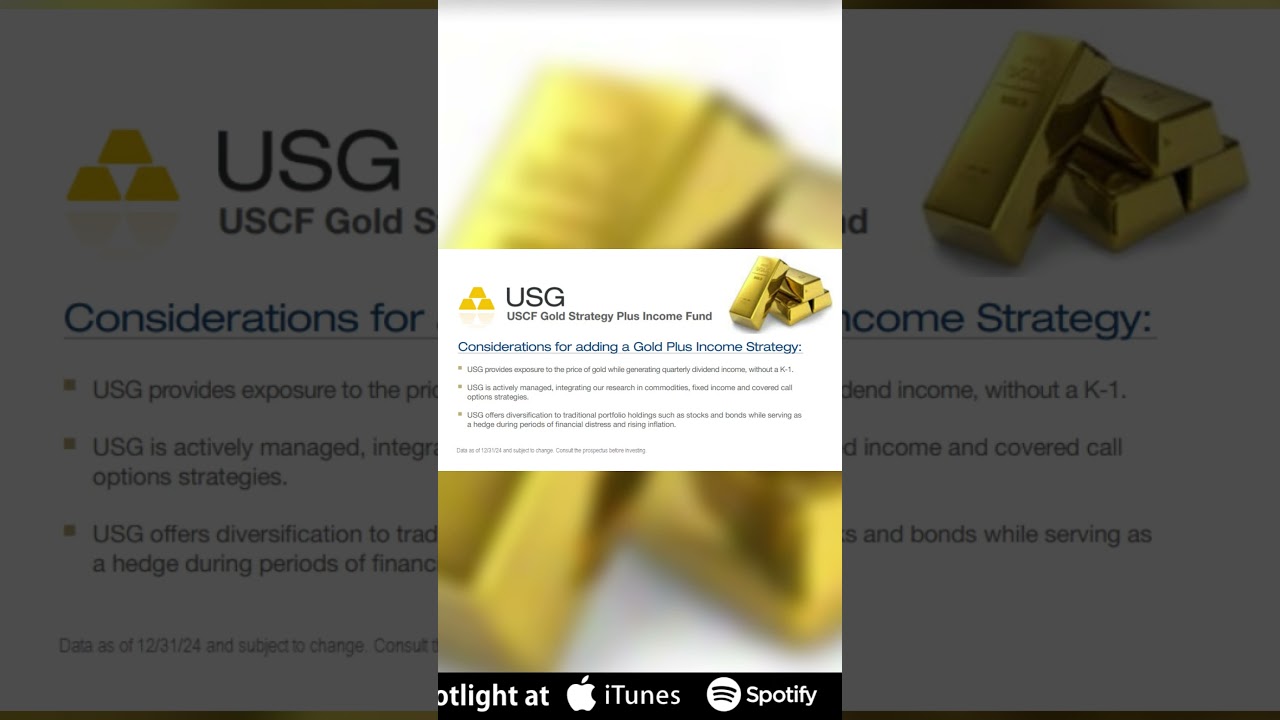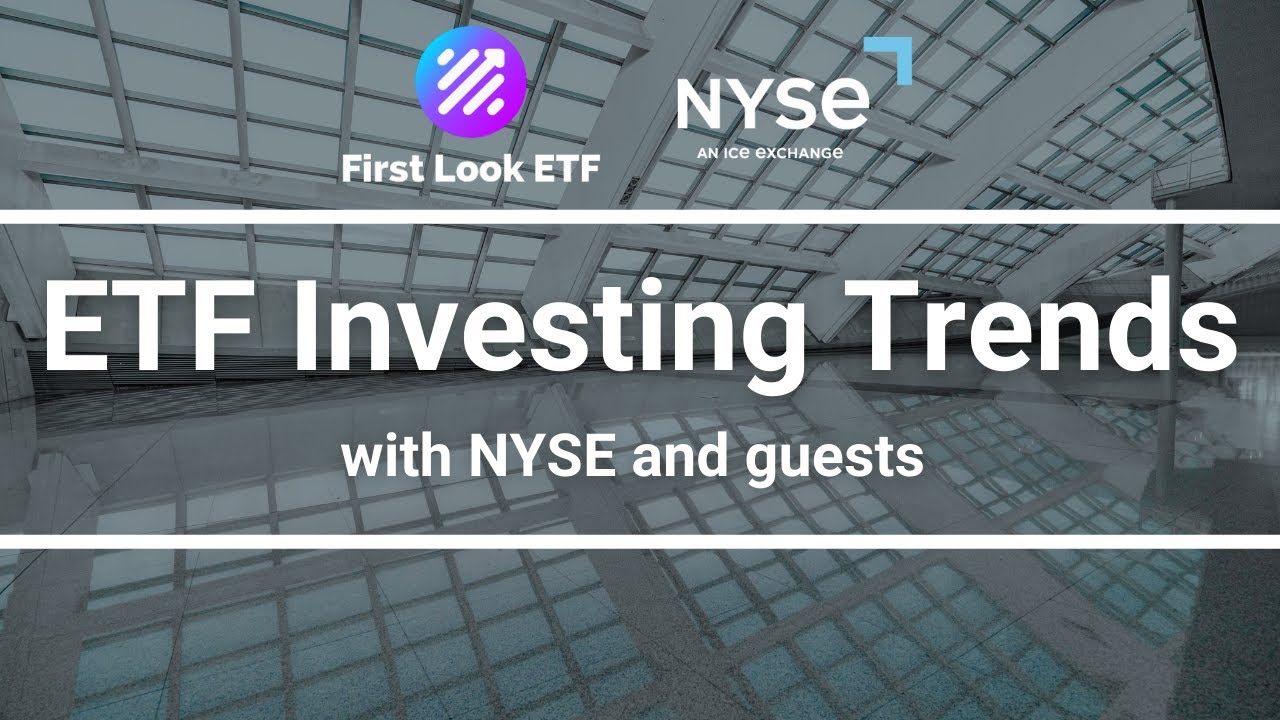What Retirement Mistakes Would You Change If You Could Go Back?
Retirement regrets aren’t all too uncommon. And while it’s best to move forward with no regrets, there are less-than-ideal situations that can arise in retirement either due to a lack of planning or a difficulty transitioning to a slower-paced lifestyle. Of course, it’s best to roll up your sleeves and put in the homework before […] The post What Retirement Mistakes Would You Change If You Could Go Back? appeared first on 24/7 Wall St..

Retirement regrets aren’t all too uncommon. And while it’s best to move forward with no regrets, there are less-than-ideal situations that can arise in retirement either due to a lack of planning or a difficulty transitioning to a slower-paced lifestyle. Of course, it’s best to roll up your sleeves and put in the homework before even thinking about setting a retirement date so that you can have a comfortable, dream retirement rather than one that could leave you with second thoughts.
Though there are obvious moves (say hiring a financial advisor with a background in retirement planning) one can make to steer clear of some of the more glaring retirement mistakes that’d cause one to come up short of cash in retirement, I do think that one should also check one’s blind spots. But how does one know what lies in their blind spot?
A seasoned advisor may be able to point some out. And for those who choose to move ahead without outside help, I think there are ample opportunities to learn from the mistakes of other retirees. Indeed, there are plenty of retiree regrets all over the internet (most notably Reddit), and in this piece, we’ll look into some of the retirement regrets that many prospective retirees may never have pondered.
Undoubtedly, it’s not hard to imagine that many of the soon-to-be retired are overly focused on achieving as large a nest egg as possible. Running out of money in retirement is a top fear for many, and stashing away more capital than one would ever need is a common solution to putting the lingering fear to rest. And while a thin, fragile nest egg is a top risk, there are others to be aware of as one heads into the final few years of their working years.
Key Points
-
It’s best to consider potential risks before retiring to avoid having second thoughts later on.
-
An advisor can help you deal with risks that aren’t on your radar.
-
Are you ahead, or behind on retirement? SmartAsset’s free tool can match you with a financial advisor in minutes to help you answer that today. Each advisor has been carefully vetted, and must act in your best interests. Don’t waste another minute; get started by clicking here here.(Sponsor)
Retiring too early
It’s a common regret that many who’ve joined the FIRE movement (early retirement) may share. While many young financial overachievers may have the means to leave work years or even decades before they’re eligible for Social Security benefits, some early retirees, especially those younger than 40, find that retiring young isn’t all it was made to be. Sure, it sounds good on paper to be able to have all the time in the world to travel and pursue one’s passions.
However, as the initial “honeymoon” period subsides, many early retirees opt to return to the workforce, perhaps collecting salaries that were markedly lower than their prime earnings years before their early retirement kicked off. In any case, early retirees should have a backup plan in case they are, in fact, not quite ready to retire. In any case, turning an early retirement into a lengthy sabatical isn’t a bad thing. In fact, is can be quite restorative for those who were feeling burnt out prior to embracing the FIRE movement.
In any case, it’s never a bad idea to have a parachute ready so that you can make a steady drop back into the workforce if you discover, amid retirement, that it’s not for you. Just because the finances are in the right spot doesn’t mean you are.
Not taking enough risk in retirement.
Retirees shouldn’t be taking risks with stocks, right? Why run the risk of having to start over in the face of a market crash if you could park the funds in bonds? Though bonds have a place, perhaps a large place, in retiree portfolios, I think it’s a mistake to shun stocks entirely in one’s older years. To do so early on leaves growth on the table and may actually cause one to take a harder hit at the hands of inflation.
Indeed, the bond market took a big hit in 2022, causing many retirees to consider cash, annuities, and risk-free investments. Of course, these investments may not be the best of inflation fighters. And if tariffs bring forth a return of 6-8% inflation, perhaps the stock-light retiree portfolios may face a more significant blow to purchasing power.
Taking too much risk in retirement
Finally, taking too much risk with stocks, especially high-multiple growth stocks, can be a huge mistake. Indeed, there’s a difference between betting on a stable defensive blue chip that pays steady dividends and speculating on a fast-rising high-tech IPO with the hope of hitting it big.
Like with most things, the key is finding a balance between steady stocks and bonds as one seeks to derisk in retirement. The latest 10% drop in the Nasdaq 100 is a reminder to us all that going heavy in “what’s working” may not be the key to near-term outperformance.
The post What Retirement Mistakes Would You Change If You Could Go Back? appeared first on 24/7 Wall St..






































